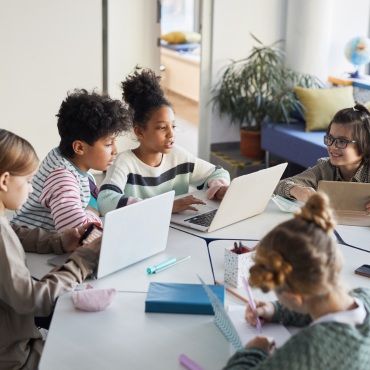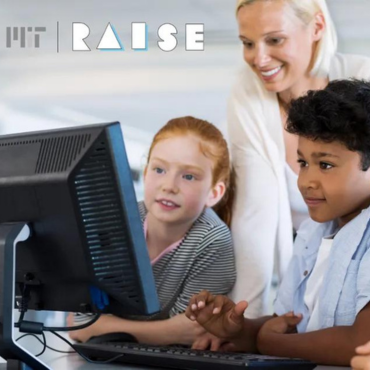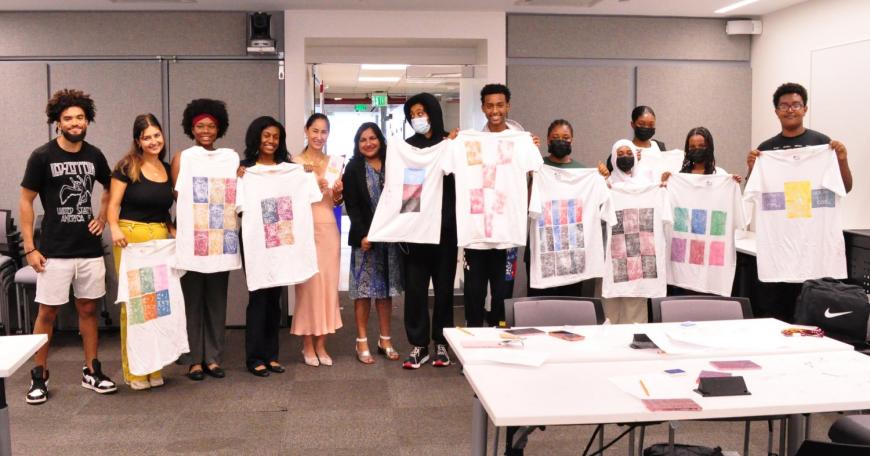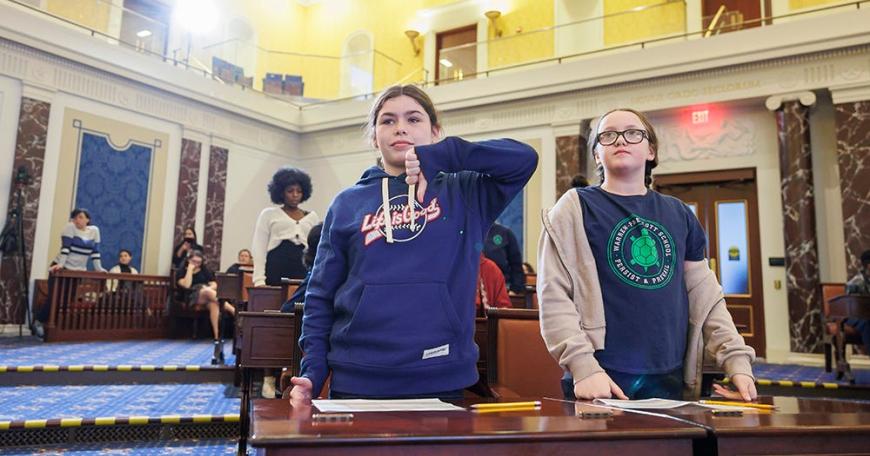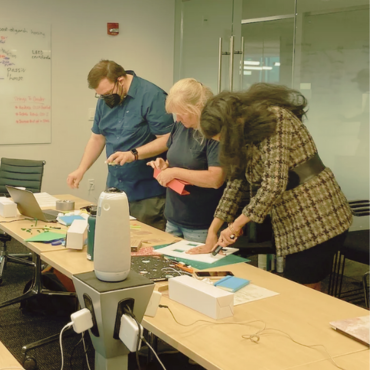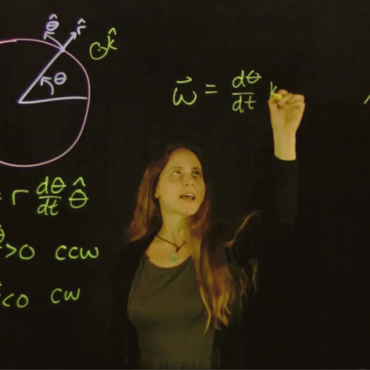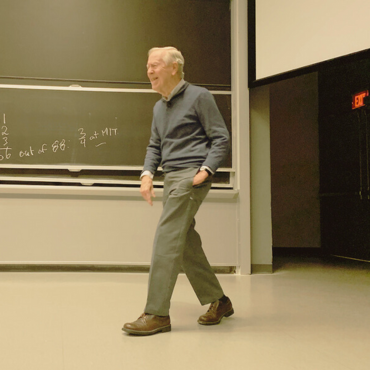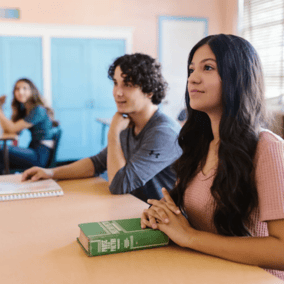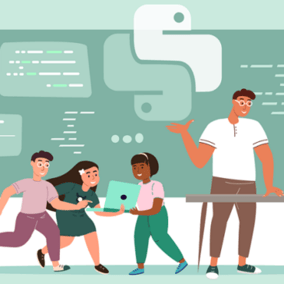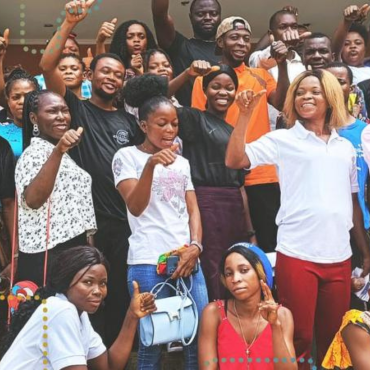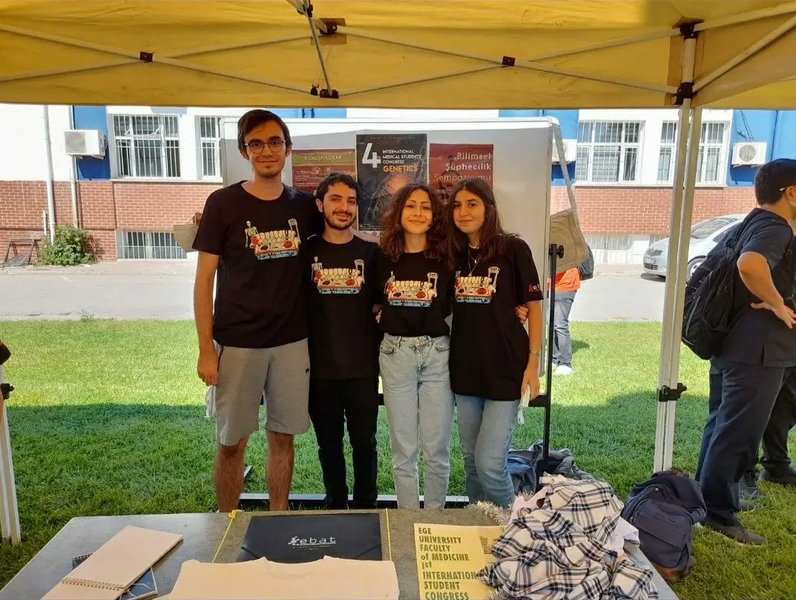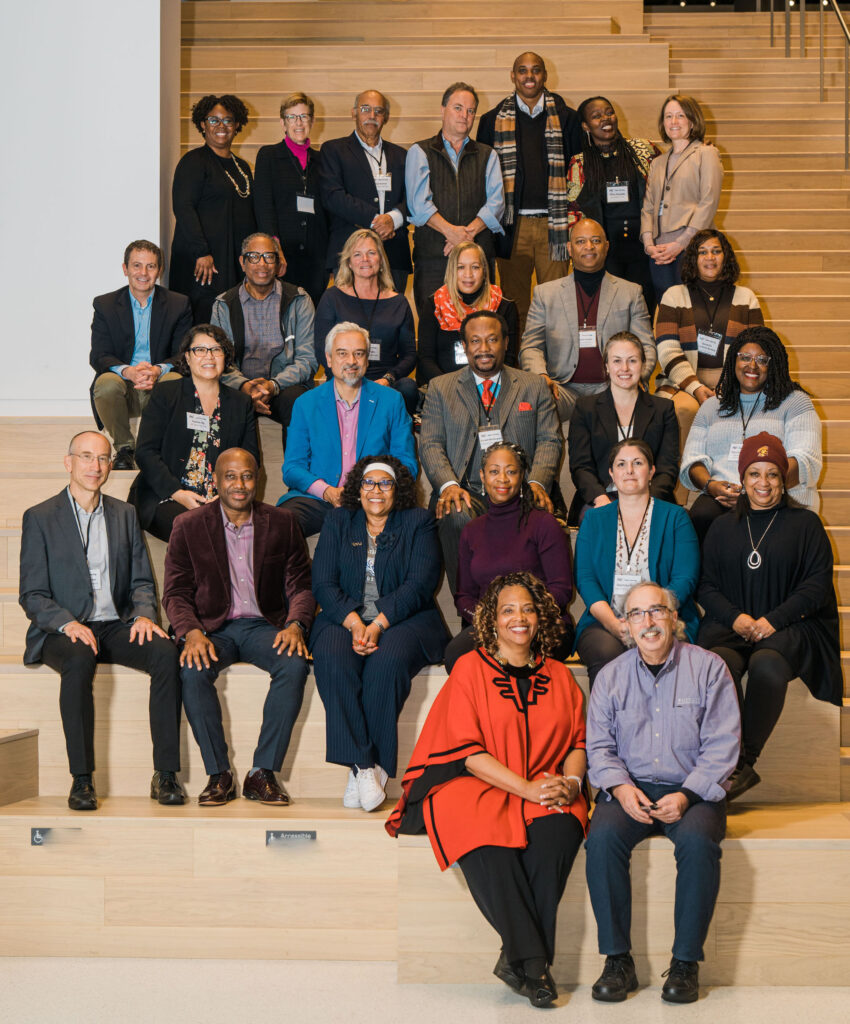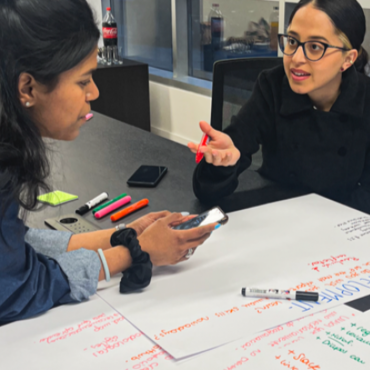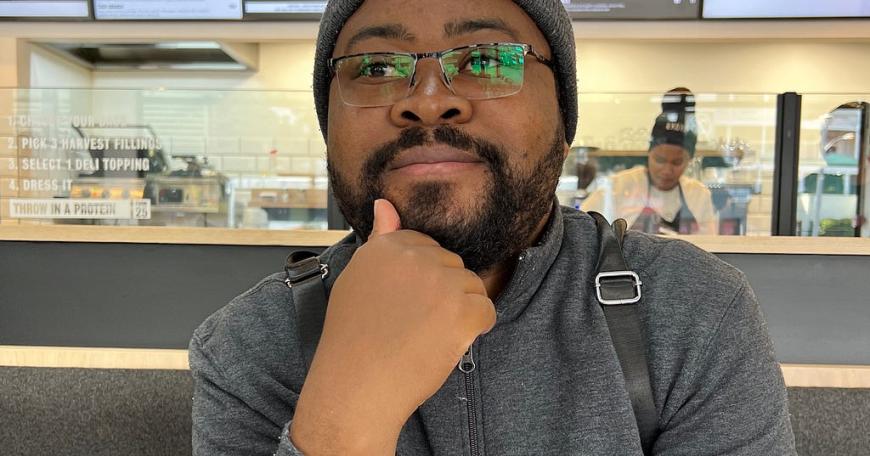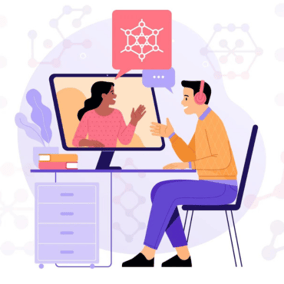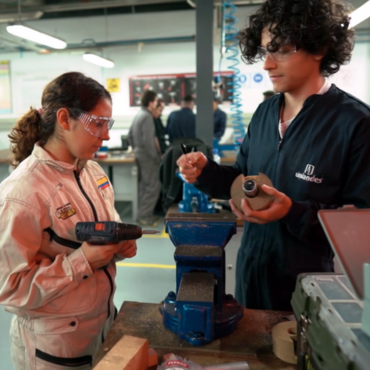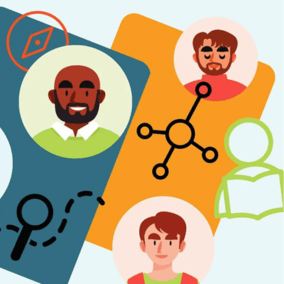2023-2022 MIT Open Learning Impact Report
Thank you
I’m delighted to share the efforts of my colleagues to keep Open Learning at the forefront of educational innovation this past year. They work tirelessly to harness tools like artificial intelligence, multimedia, and augmented and virtual reality to provide opportunities for profound learning and innovative teaching. The energy and enthusiasm from our collaborating MIT faculty, instructors, and staff are phenomenal as they improve learning effectiveness, enhance teacher training, and refine learner assessments to sustain and propel our efforts forward.
The past academic year has been a proving ground for putting MIT research, experiments, and learning design into actionable practice and curricula to ultimately meet challenges in the world. We want all of our students and learners to succeed, and by employing multiple approaches, we’re able to see and apply what works and to pivot to reach that goal as needed.
And as technology continues to evolve, we’re right there adapting, learning, and actively taking part in shaping its uses for educational advancement. This endeavor can only be successful through your use, your feedback, and your support. A heartfelt thank you goes to everyone who is part of our community and journey to keep opening learning to the world.
Yours in learning,
Eric

Eric Grimson
Interim Vice President for Open Learning
Massachusetts Institute of Technology
Chancellor for Academic Advancement
Bernard Gordon Professor of Medical Engineering
Professor of Computer Science
Massachusetts Institute of Technology
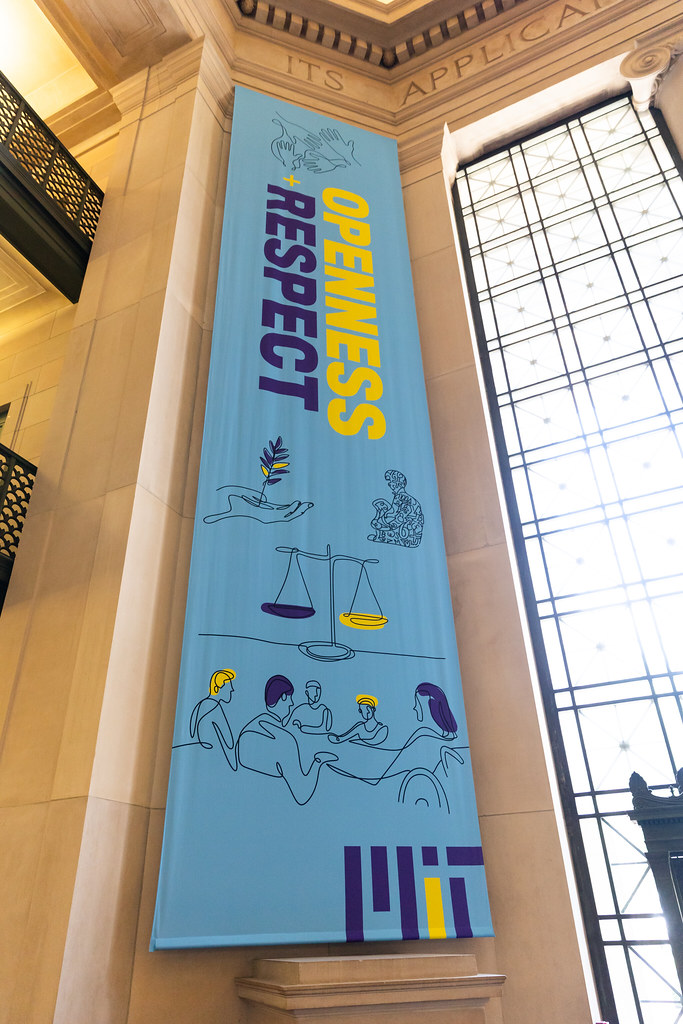
Harnessing AI for Educational Advancement
Digital tools have long been part of MIT’s on-campus teaching. From automated grading and online assessments to learner controlled animations, simulations, and group annotations, these technologies have helped improve teaching and learning experiences both online and in person. And as new technologies evolve, Open Learning is in step with the latest pedagogical developments to support integrating them into curricula so that even the youngest of learners can take advantage of these tools.
AI literacy, explained
Now that AI is shaping nearly every aspect of our lives and is expected to transform fields from medicine to agriculture to policing, what do students need to understand about AI to be prepared for the world of work?
Chat GPT and what it means for students
The MIT RAISE team published a new Day of AI curriculum to help educators introduce their students to the basics of ChatGPT.
Societal impacts of artificial intelligence
The Day of AI curriculum weaves ethical, social, and policy considerations throughout technical explanations and fosters discussion on the “Blueprint for an AI Bill of Rights.”
Empowering Cambridge youth through data activism
Mayor's Summer Youth Employment Program and RAISE developed the six-week Data Activism curriculum to equip students with critical-thinking skills so they feel prepared to utilize data science to challenge social injustice and empower their community.
Day of AI curriculum meets the moment
Global participation in MIT RAISE’s free K-12 program more than doubles in its second year.
"Generative AI will change how we teach what a problem is and what problem-solving is. It'll change what we think a question is. The very definition of what is a question and what is an answer are on the table and I think are worth scrutinizing. And that also requires thinking about what kinds of evidence we trust, what answers we trust, and what it takes to convince us."
—Christopher Capozzola, Senior Associate Dean for Open Learning
"It’s been a year of extraordinary advancements in AI, and with that comes necessary conversations and concerns about who and what this technology is for. With our Day of AI events, we want to celebrate the teachers and students who are putting in the work to make sure that AI is for everyone."
—Cynthia Breazeal, director of RAISE, dean for digital learning at MIT, head of the MIT Media Lab’s Personal Robots research group
Empowering
Teachers
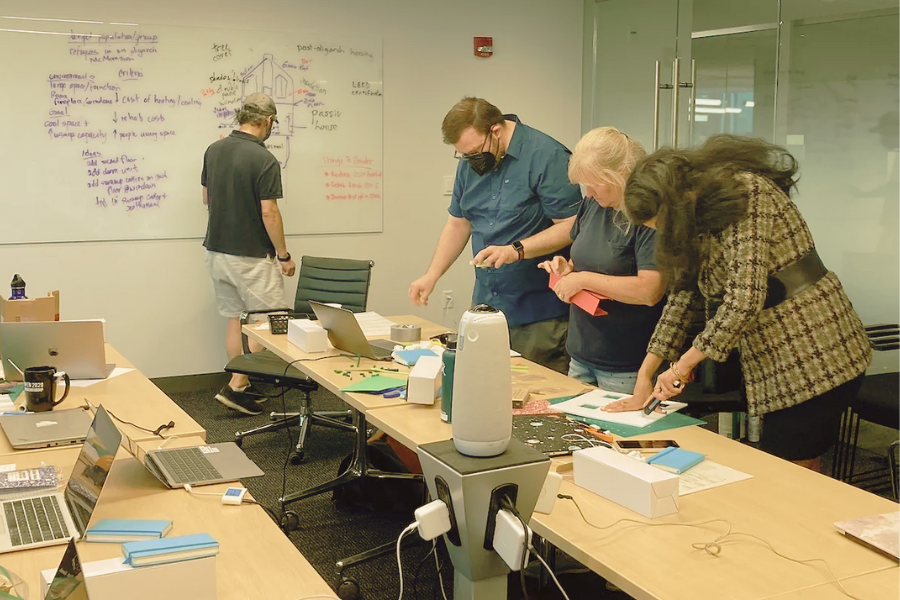
Immersive training program at MIT encourages educators to go “full STEAM ahead” with innovative learning projects
Enrichment opportunity offers space to thoughtfully explore new teaching methodologies.
Innovation in the classroom
MIT’s Residential Education group fuels faculty ingenuity and student engagement.
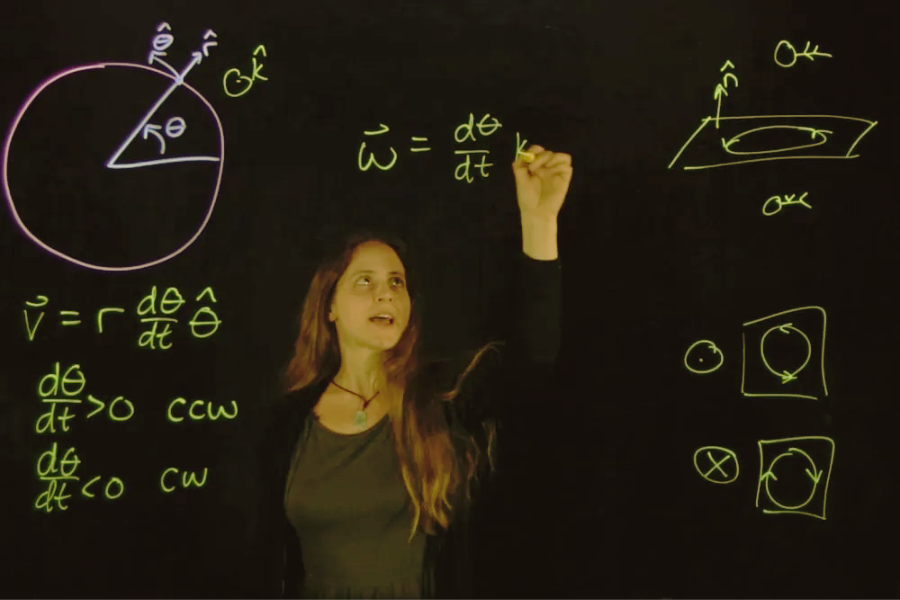
Math Fans Join Live Sendoff for Gil Strang
Revered mathematics professor Gilbert Strang capped a 61-year career as a faculty member at MIT by delivering his final lecture before retiring at the age of 88.
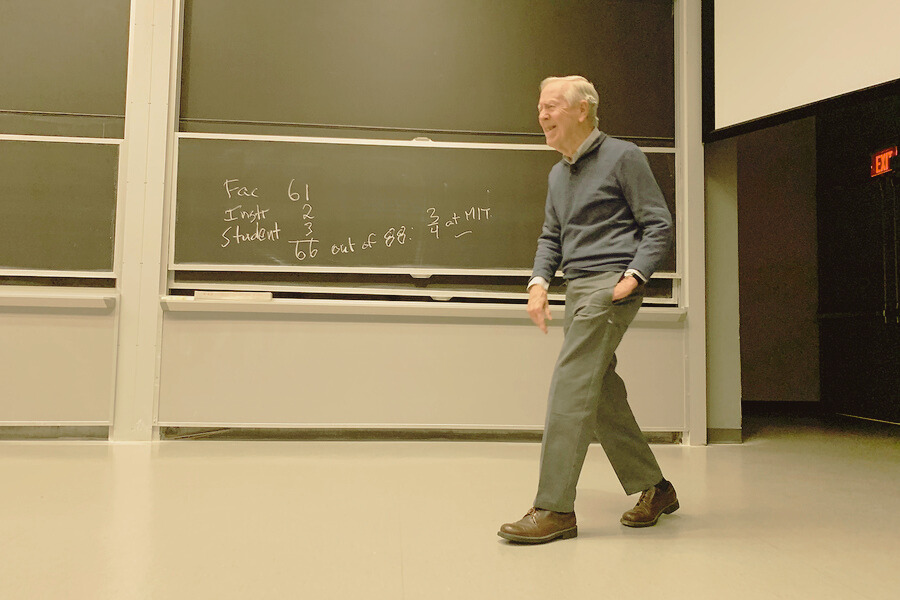
Educators and teachers can deliver excellent learning experiences when they have opportunities to experiment, gain feedback on their teaching, and are given tools to enhance their classes. These instructors change the lives and future careers of their students forever. Open Learning supports and advocates for teachers and their training, creativity, and innovation.
Immersive training
Immersive training program at MIT encourages educators to go “full STEAM ahead” with innovative learning projects.
Innovation in the classroom
MIT’s Residential Education group fuels faculty ingenuity and student engagement.
He made linear algebra fun
Revered mathematics professor Gilbert Strang capped a 61-year career as a faculty member at MIT by delivering his final lecture before retiring at the age of 88.
“Teachers need to be comfortable with testing their ideas, but they need a safe space to do it and a community of support. Full STEAM Ahead Educators Immersion Program (FSAEIP) provided that. In our work, we are committed to addressing two types of divides: access to digital technologies and access to powerful learning and support. By providing access to materials kits, curriculum, and support through tutoring and mentorship, our programs aim to close those divides.”
—Claudia Urrea, senior associate director, Full STEAM Ahead and strategic & research initiatives
Opening worlds of knowledge
We believe that education is a powerful tool in opening up worlds of knowledge, achievement, and possibilities. From students who are inspired by our free and open resources to effect positive change in their communities to faculty who are concerned with the mental wellness and learning effectiveness of their students, we know learning provides life altering opportunities. These are some of the stories that reflect the power of learning.
MIT Integrated Learning Initiative research update
Four projects investigating learning effectiveness share their progress.
Teenager teaches others
After being inspired by MIT OpenCourseWare and MITx to learn computer programming, this teenager pays it forward to his community.
Migration Summit 2023 advances global dialogue on migration
Building community to co-create pathways for learning, livelihood, and dignity, the 2023 Migration Summit gathered thousands of people.
Enabling advanced studies in Turkey with MIT OpenCourseWare
Study group of medical students in Turkey uses free MIT resources to pursue a PhD-level research agenda.
Introducing interventions that help online learners
Digital Learning Postdoctoral Associate's research focused on ways to improve learners’ metacognitive skills and performance.
From open access to educational equity: An HBCU+MERLOT+MIT OCW collaboration
MIT OpenCourseWare begins a collaboration with a network of US-based Historically Black Colleges and Universities (HBCUs) who are adopting and adapting Open Educational Resources to improve the educational opportunities of their students.
Pathways for Learner Achievement
Our learners are our inspiration. Their commitment, perseverance, and drive to gain knowledge—often in the face of challenging circumstances—compel our efforts in ensuring they have the open access and educational materials they need for their success. These are some stories of achievement and incredible triumph and ways Open Learning helps to ensure their accomplishments are recognized.
Emerging Talent program launched
The program aims to build education-to-employment pathways for underserved communities.
Equity with verifiable digital credentials
In a skills-based hiring future, digital learning and employment records create equity for learners and job seekers.
Democratizing education
The MicroMasters Program in Statistics and Data Science, with over 1,000 credential holders, brings MIT excellence to learners around the world.
Research, education, and connection in the face of war
“I wouldn’t let the aggressor in the war squash my dreams,” says Ukrainian mathematician and MITx MicroMasters learner Tetiana Herasymova.
Coding the future with MIT OpenCourseWare
Learner Chansa Kabwe pursued a rigorous course of study in electrical engineering and computer science to broaden his horizons.
Learner in Afghanistan reaches beyond barriers to pursue career in data science
MIT ReACT and Innovation Leadership Bootcamp provide valuable opportunities.
"MITx's commitment to excellence and innovation is evident in the design and delivery of their courses. The materials are engaging, the instructors are knowledgeable, and the interactive components make the learning experience immersive and enjoyable. The flexibility of self-paced learning is particularly advantageous for individuals like me, who are juggling multiple responsibilities. It allows us to learn at our own pace, fitting education into our busy lives."
—Darshani, Working professional, South Africa
Educational Innovation in Practice
Experimentation is part of Open Learning’s DNA. And when it comes to educational innovation, we thrive on delving into the hard problems, evaluating our hypotheses, and coming up with real-world solutions. Our hands-on and minds-on approach puts theories into action and sets a foundation for expanding our work and collaborations — and keeps us on the cutting edge of pedagogy.
Meaningful research and mentorship in an online internship
Researchers present an overview and initial findings from their program MICRO: an online undergraduate program to promote equitable access to research and education in materials science and engineering.
Reimagining a curriculum for tomorrow's engineers at the University of the Andes
A three-year collaboration with Jameel World Education Lab upgraded student learning through human skills, project-centered classes, and adaptability.
Focusing course design on learners
Qualitative research project from MIT examines learners’ motivations and goals for taking massive open online courses.
Simulating discrimination in virtual reality
The role-playing game “On the Plane” simulates xenophobia to foster greater understanding and reflection via virtual experiences.
Design of video game characters has physical-world repercussions
A recent study from MIT researchers demonstrates that the exaggerated design of characters in fighting video games reinforces cultural stereotypes about gender, race, and ethnicity.
"I suggest that four primary mechanisms to combat the negative impacts of technologies of virtuality are:
1. Digital Forensics: image and audio processing software that analyzes content to detect computational manipulation.
2. Verification: use of encrypted digital “signatures” to authenticate legitimate content.
3. Policy: use of industry guidelines and government legislation to regulate deepfake production and prohibit using them to mislead the public.
4. Public Literacy: raising public awareness of the primary aims, uses, and methods of deepfakes; providing the public with means to discern misinformation in media."
—D. Fox Harrell, director, MIT Center for Advanced Virtuality

